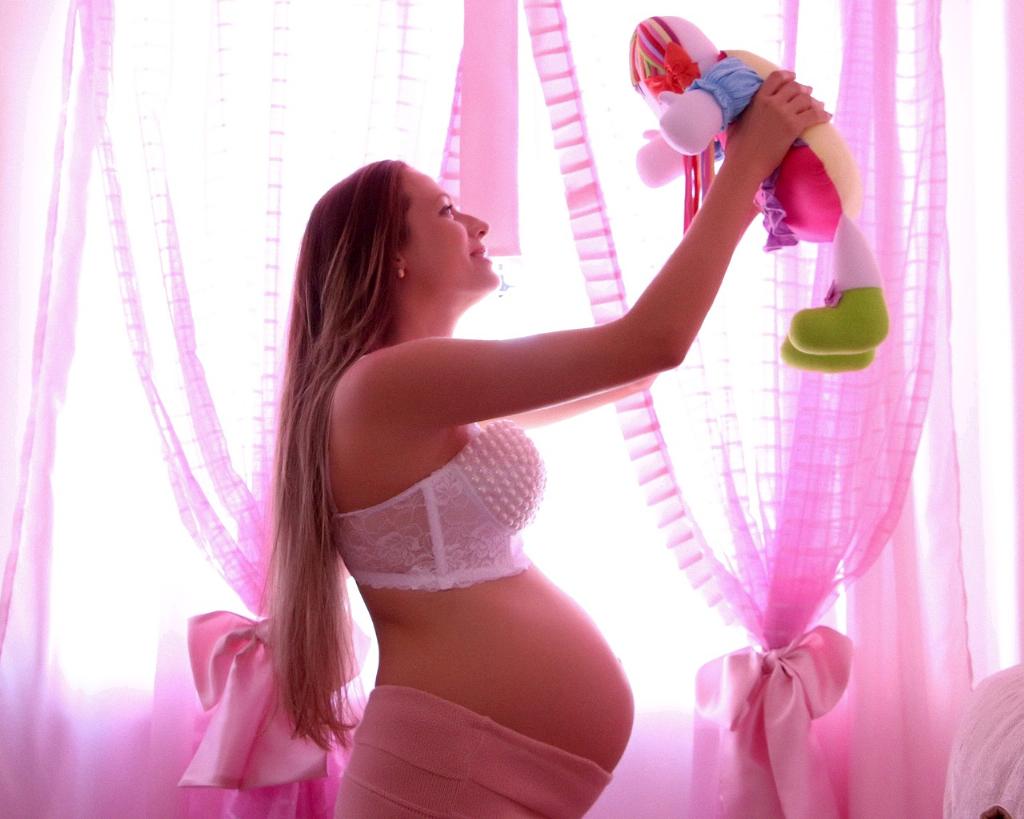Calculating the day you will conceive is a common query among individuals trying to plan for pregnancy. The process involves determining the first day of your last menstrual period, which serves as a crucial reference point for predicting your conception date. By analyzing the duration of a typical menstrual cycle and using this information in conjunction with the known variability in conception timing, you can estimate the likely date of conception with reasonable accuracy.
Key Considerations for Conception Prediction
One of the fundamental aspects to consider when calculating your conception date is the variability in the timing of ovulation. While the average menstrual cycle lasts around 28 days, the exact timing of ovulation can vary significantly among individuals. Ovulation typically occurs approximately two weeks before the next expected period, providing a fertile window for conception to take place.
Determining the First Day of Your Last Menstrual Period
To calculate the day you will conceive, you need to pinpoint the first day of your last menstrual period. This date serves as the starting point for estimating your conception date. By tracking the onset of your period each month, you can establish a pattern that helps identify the beginning of your menstrual cycle and aids in predicting ovulation and potential conception dates.
Adding the Ovulation Window to the Equation
Once you have determined the first day of your last menstrual period, you can add the typical ovulation window to estimate your conception date. Ovulation usually occurs between 11 to 21 days after the start of your menstrual cycle, depending on the length of your cycle and individual variations. By adding this window to the start of your period, you can narrow down the timeframe for potential conception.
An Example Calculation for Conception Prediction
Consider a scenario where a woman is due to deliver on November 10. By subtracting 40 weeks from this date, we can determine that her last period likely began on February 3. If we add the average ovulation window of 11 to 21 days to this date, we can estimate a conception date range of mid to late February. This calculation provides a rough approximation of when conception likely occurred.
Factors Affecting Conception Date Calculations
It is essential to recognize that various factors can influence the accuracy of conception date calculations. Factors such as irregular menstrual cycles, hormonal imbalances, and fertility issues can complicate the prediction process and may require additional medical assistance for a precise assessment of conception timing.
Consulting with a Healthcare Provider
For individuals seeking more detailed and personalized guidance on calculating their conception date, consulting with a healthcare provider or a fertility specialist can offer valuable insights. These professionals can perform in-depth assessments, including ovulation tracking, hormonal analysis, and fertility testing, to provide a comprehensive understanding of your reproductive health and conception potential.
Tracking Ovulation and Menstrual Cycles
Keeping track of your ovulation patterns and menstrual cycles is key to improving the accuracy of conception date predictions. Utilizing tools such as ovulation predictor kits, fertility tracking apps, and temperature charting methods can help you monitor changes in your cycle, identify fertile periods, and enhance your ability to estimate potential conception dates.
Understanding Fertility Window Concepts
By familiarizing yourself with the concept of fertility windows and the timing of ovulation, you can increase your chances of conceiving during optimal periods. Recognizing the days when you are most fertile and actively planning intercourse during these windows can maximize your likelihood of successful conception and help you achieve your desired pregnancy goals.
Embracing Patience and Persistence
It is essential to approach conception calculations with patience and persistence, as natural variability in reproductive processes can lead to fluctuations in timing and outcomes. By maintaining a positive mindset, staying informed about fertility concepts, and seeking professional guidance when needed, you can navigate the journey towards conception with confidence and optimism.
Final Thoughts on Conception Date Calculations
Calculating the day you will conceive involves a blend of understanding your menstrual cycle, tracking ovulation patterns, and considering individual factors that can influence conception timing. While estimation methods provide a general framework for predicting conception dates, embracing flexibility, seeking medical advice if necessary, and maintaining open communication with your partner can enhance your fertility journey and increase your chances of successful conception.

